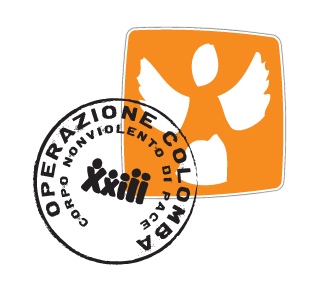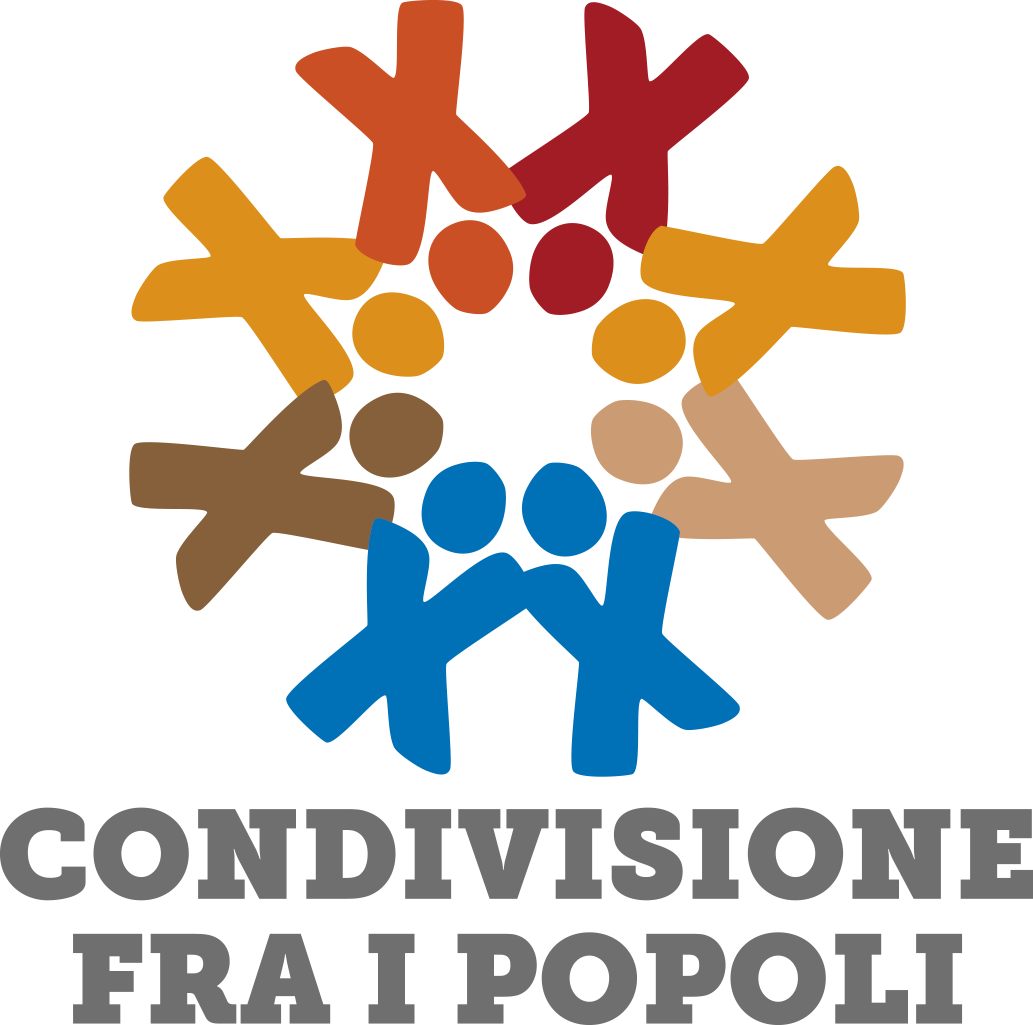CURRENT SITUATION
After two months and a half since the peace agreement was signed by the government and the FARC, the main result is 7000 guerrillas entering the “transitional areas of normalization”. The FARC started to talk about inefficiency of the State, while the government can’t put in practice what they agreed on. The worrisome situation keeps on growing for, as declared by the High commissioner for peace Sergio Jaramillo, most of the peace processes fail after signing, during the implementation stage. Although the international community agrees about the fact that the agreement is one of the most deep and complete, the experience shows that the hardest test for an agreement is the practical implementation. “The quality of a peace agreement is only equal to the quality of its implementation ”, Jean Paul Lederach (university of Notre Dame) said. He added that, according to statistics, the first 18 months are crucial. During this period of time, it is necessary to build the bases in order not to repeat past mistakes.
These 18 months will be even harder for Colombia. First of all because the agreement has a precarious political consensus, since the victory of the “no side” at the referendum. Second of all, Santos’ government has just received a hard hit due to the Odebrecht scandal (election campaign corruption). Finally, because the 2017 started in the light of the next election and every party built his political agenda thinking already at the post-conflict scenario.
Such initial difficulties are understandable, since the complexity of the agreement and the need to change many things in order to make peace work. Most of the agreement articles can be modified, since the Congress has not approved many bills necessary to the implementation yet. The corruption problem that affects the state at many levels is becoming the predominant theme in sight of the presidential elections foreseen for the next year. Moreover, the debate is growing faster about how to invest money in a post-conflict situation. Money that, anyway, seem not to be sufficient to satisfy all the needs.
In other words, the walk along the peace path has more shadows than lights. Especially considering the warning that national and international associations and NGOs are spreading out about the several assassinations carried on against human rights defenders and social leaders. As well as the massive presence of paramilitaries along all of the national territories. Presence that caused forced evictions of the local population. All these signs can’t be for sure considered events of peace.
SHARING, WORK AND NEWS ABOUT VOLUNTEERS
During the month of February, volunteers accompanied community members in many villages where the civil population since months is reporting the presence of armed paramilitary groups tied to the AGC. People have received death threats by these groups, that don’t want people talk about their presence in the area. Both local population and human rights defenders are victims of those threats. During the accompaniments, volunteers collected many testimonies of the paramilitary presence and its continuous expansion and domain in the areas of the FARC withdrawal.
On the 21st of February, in Mulatos, the Peace Community commemorated the massacre of 2005, when 7 community members were murdered by the army and the paramilitaries. After the religious celebration held in the place where Luis Edoardo Guerra, his son Deiner and his partner Bellanira were assassinated, 120 participants moved to the village of Resbalosa. In this village, on the same date, Alfonso Bolivar, his wife Sandra and their children Santiago (18 months old) and Natalia (7 year old), together with a young worker, Alejandro, were murdered too. In the place where they have been buried father Javier words, the memories of those terrible moments, the presence of Sandra’s father have touched everyone, while renovating the sense of the daily struggle for justice and the right to life.



 OPERAZIONE COLOMBA
OPERAZIONE COLOMBA
